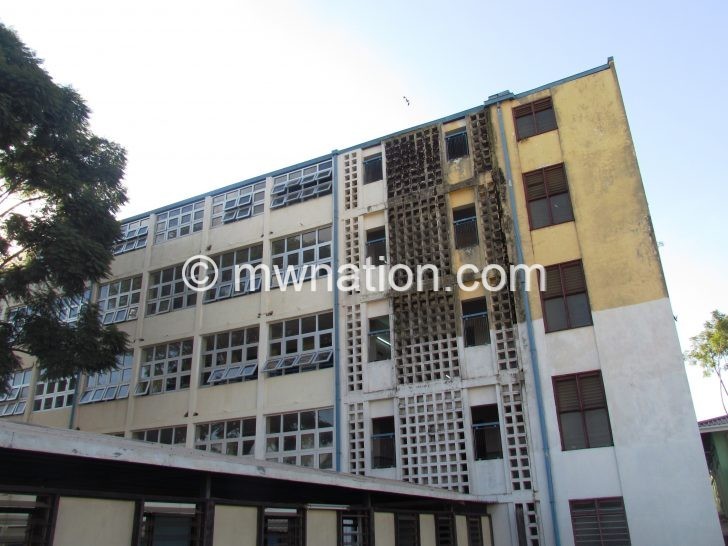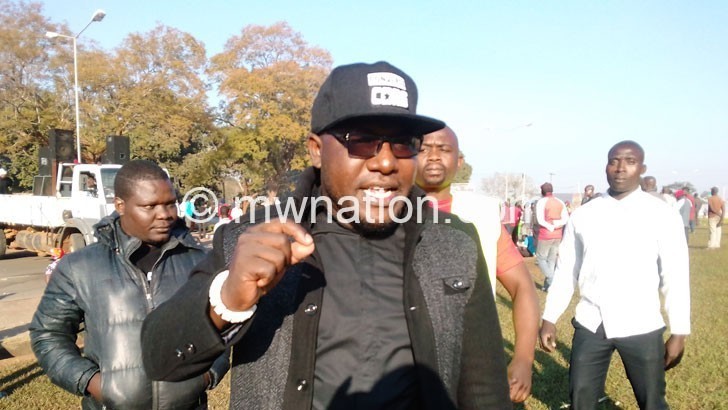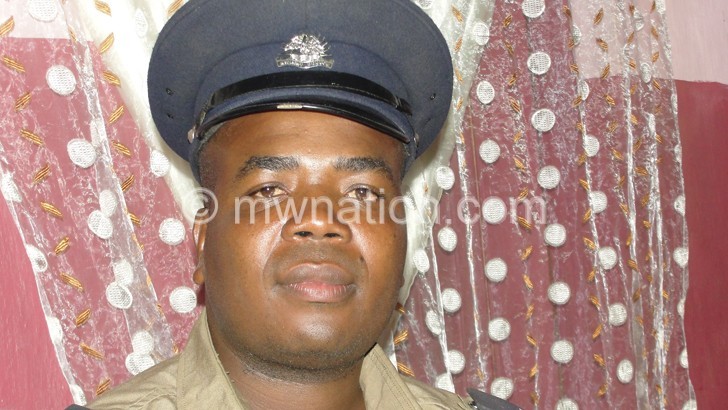Bribes for treatment persist in public hospitals
A year after government warned medical personnel against demanding bribes from patients for services, some health practitioners are still engaged in the illegal act, Nation on Sunday has learnt.
The reports come on the heels of revelations that some public hospitals are asking patients to buy drugs at private pharmacies due to reported stock-outs.

Nation on Sunday interviewed some patients and guardians who were forced to pay health workers to be assisted at Queen Elizabeth and Kamuzu central hospitals, especially on services that are on high demand.
The recent development contradicts the position of the Ministry of Health, whose memo dated January 12 2017, cautioned members of staff in public health facilities against charging patients for services that are free.
Patients we have spoken to late January this year at QECH and KCH, but opted for anonymity as some of them are still receiving treatment, said they were forced into the act because they were desperate for the treatment.
A guardian of an accident victim narrated how he was forced to pay K20 000 for his ward to have a scan to determine the extent of injuries, saying health workers claimed they were overwhelmed with work and could only assist after he paid the amount.
One patient with a fractured arm said it took days for health workers to put him in a plaster of Paris (PoP) and was shocked that those who came before him were being assisted instantly.
“I enquired from some of the patients that were assisted faster and I learnt that they had to give some cash, like K5 000 or more.
“I needed urgent assistance as I was in pain, I had no choice but to source some funds and paid one officer K5 000. It was late and I was advised to come the following day, and I had it done,” said the patient.
Another patient at the antiretroviral therapy (ART) clinic at KCH alleged that officers working in ART clinics are the most corrupt simply because HIV-positive patients do not wish to stay long at the clinic for the obvious stigma associated with the disease.
“And what do we do, we pay the officers, say K2 000 or K3 000, for speedy assistance, including receiving of drugs. People just want to get there, get fast help and leave the place. For this to happen, most people opt to pay the officers, although we know that the services are free,” the patient said.
Ministry of Health spokesperson Joshua Malango, in an interview, encouraged patients and guardians to report any health officers demanding cash for service.
He said every public health facility has an advisory committee which comprises, among others, traditional leaders and health officials.
Mhango said communities must contact the liaison officer, or an Ombudsman, who are available at every public health facility, to inform them whenever they face problems in relation to accessing treatment.
Health and Rights Education Programme executive director Maziko Matemba said his organisation was concerned with reports of people being forced to pay for free services.
In an interview on Tuesday, he asked government to act decisively on such reports, considering that medical services in public health facilities are free.
Matemba said if government investigates craftly, it can easily identify the bad apples among the medical personnel and deal with them accordingly.
“It is unfair. These public health institutions are funded by taxpayers’ money and to expect patients to pay for services that are supposed to be free is a misconduct of the highest order,” he said.
He urged the public not to encourage the illegal act by paying for services they are supposed to get for free.
Instead, he said, the public should report such officers to relevant authorities.
Matemba complained that Malawians were already burdened with a situation where they are being asked to buy drugs from private pharmacies due to non-availability of most essential drugs in public hospitals.
QECH chief administrator Themba Mhango, in an interview yesterday, said his office has never received a complaint about the alleged illegal charging, saying the problem was that people complain to the media instead of engaging hospital authorities.
“How can that assist them? It cannot. We have a matron and my office, among other offices, but we have never had such complaints,” Mhango said.
Mhango acknowledged the memo the ministry wrote last year, warning health workers against charging patients, explaining that the matter was discussed in their meetings.
Lilongwe district health officer Alinafe Mbewe, in an interview yesterday also admitted that the ministry issued a circular last year, but said he hears about claims that some medical personnel take money from patients.
“I just hear such reports that patients are being asked to pay, but no one has come to my office to complain officially. Services in public health facilities are free [except pay wards], if any medical officer demand pay, people [under my jurisdiction] are free to come to my office and lodge a complaint,” he said.
The then acting secretary for Ministry of Health Chimwemwe Gloria Banda, in a memorandum to all public health facilities dated January 12 2017, cautioned the officers about the illegal charging.
Banda, in the memorandum we had seen, said the number of complaints her office had received related to orthopaedic sections, where staff demand money for a patient to be put in a PoP and ART clinics where staff demand money to put a patient on ARVs.
The ministry said other sections affected by the malpractice included surgery, pharmacy and bringing patients from private hospitals into public hospitals for diagnostic procedures.
Banda reminded all staff concerned that services in public health facilities are free unless where a patient chooses to go to a paying section.
She warned that the long arm of the law would catch up with any officer found making the charges.





